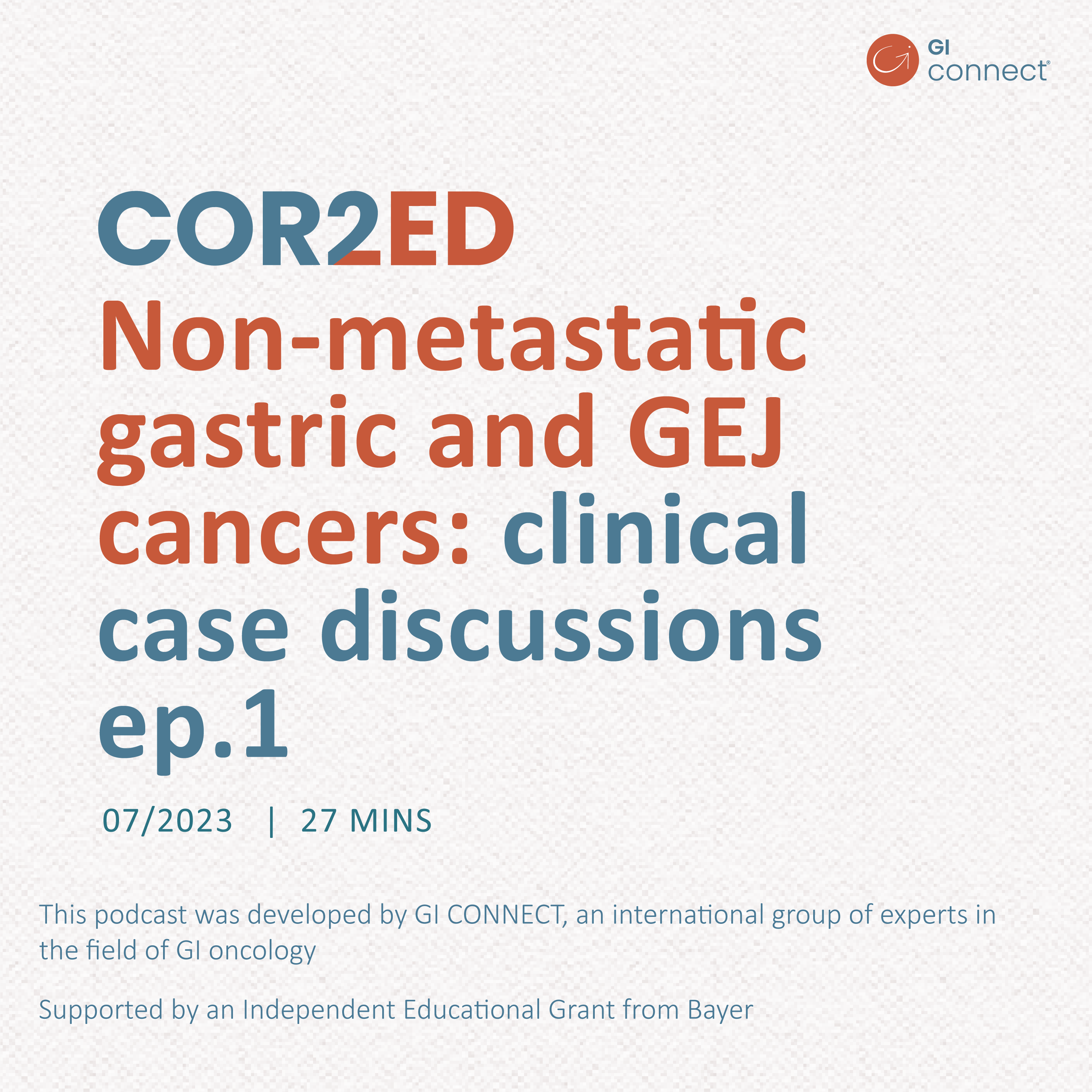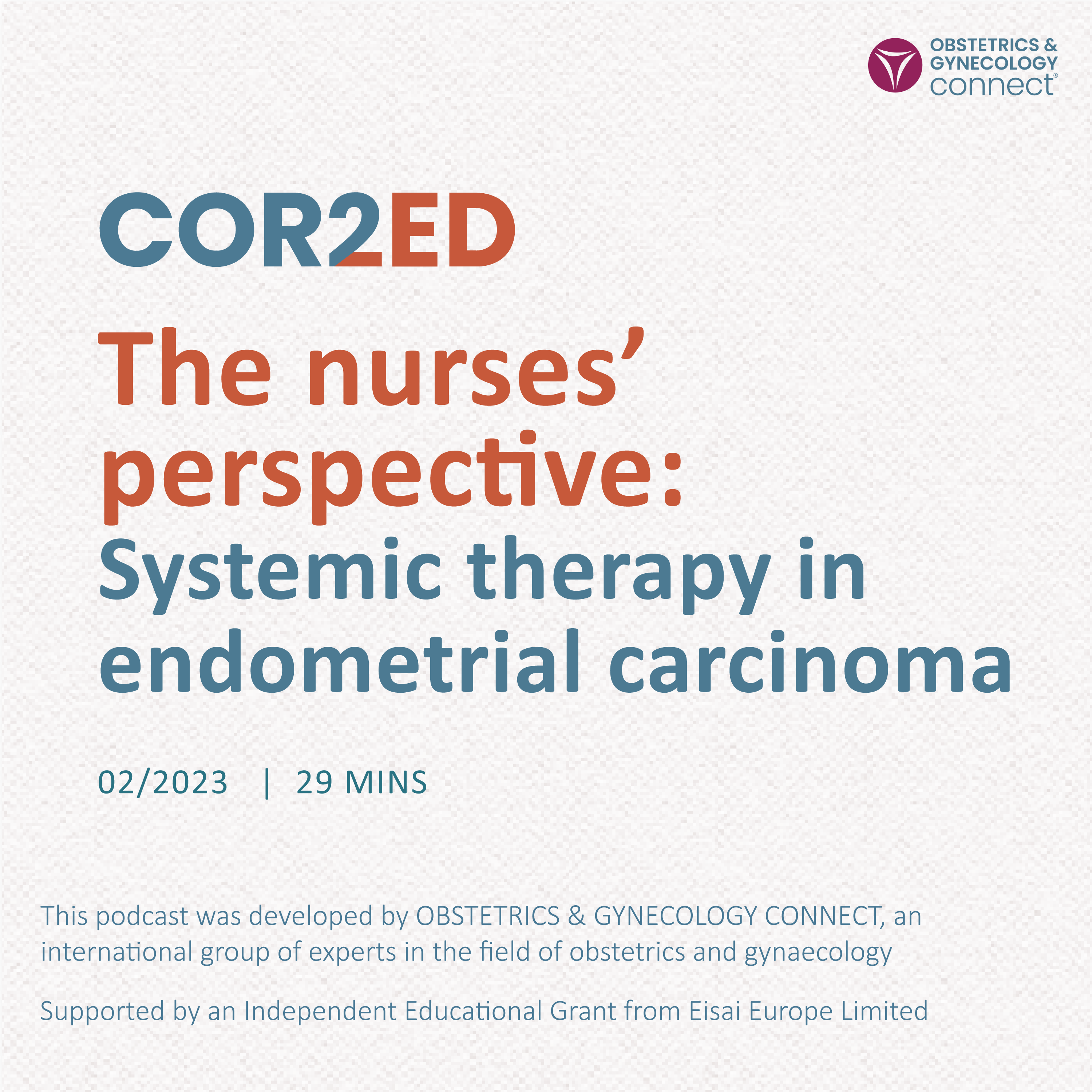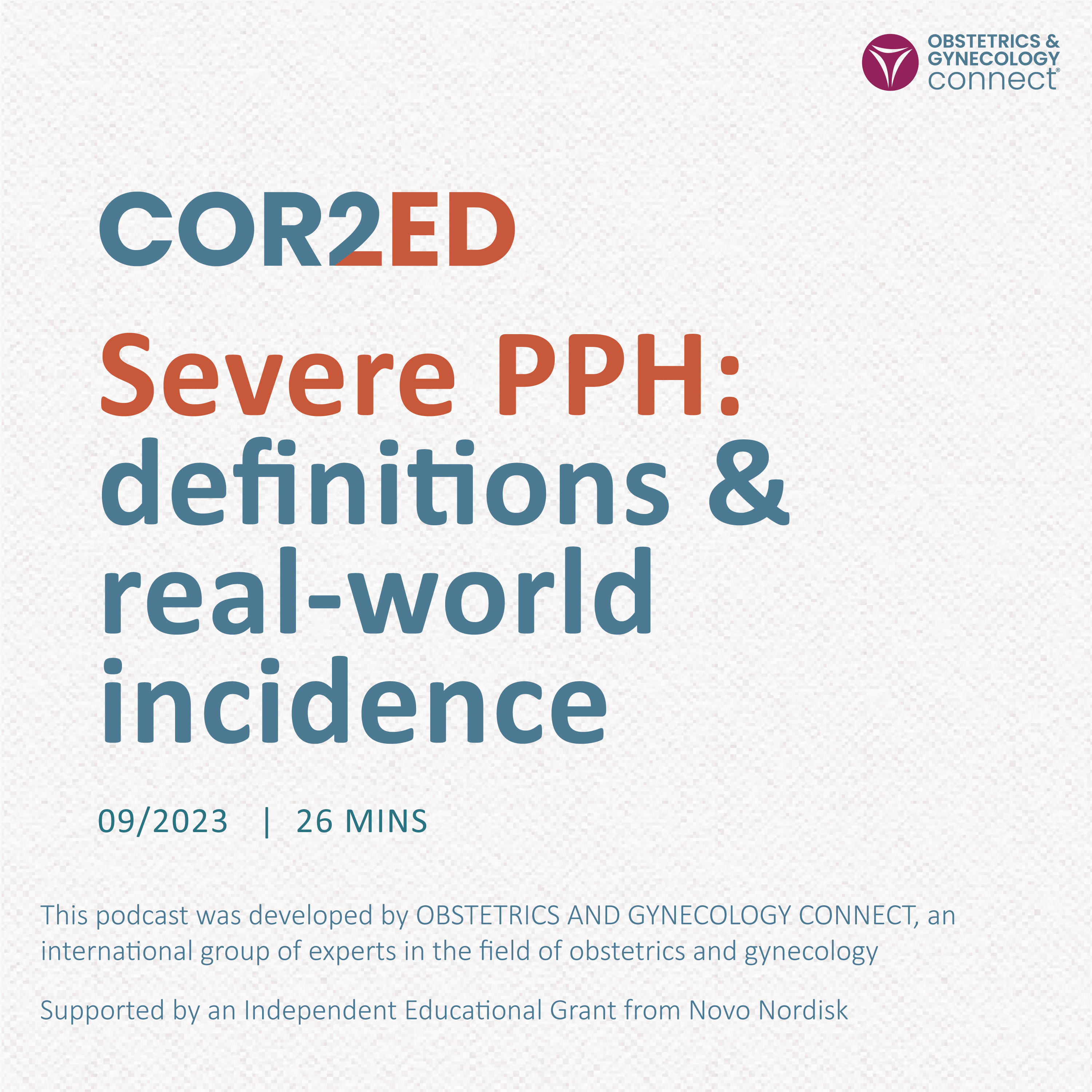Episode Transcript
Podcast Transcript
Perioperative thromboprophylaxis revisited
Brought to you by:
Prof. Dimitrios Tsakiris, Basel University, Switzerland
Prof. Daniel Bolliger, Basel University Hospital, Switzerland
Introduced by:
Tonke de Jong, COR2ED
Please note:
HEMOSTASIS CONNECT podcasts are designed to be heard. If you are able, we encourage you
to listen to the audio, which includes emotion and emphasis that is not so easily understood
from the words on the page. Transcripts are edited for readability. Please check the
corresponding audio before quoting in print.
This podcast is an initiative of COR2ED and developed by HEMOSTASIS CONNECT, a group of
international experts working in the field of haemostasis. The podcast is supported by an
independent educational grant from Viatris.
The views expressed are the personal opinions of the experts. They do not necessarily
represent the views of the experts' institution, or the rest of the HEMOSTASIS CONNECT
group.
For expert disclosures on any conflict of interest please visit the COR2ED website.
Tonke de Jong (COR2ED)
Thank you for listening to this podcast episode from COR2ED Independent Medical
Educaton. The podcast is supported by an independent educatonal grant from Viatris. This
podcast series focuses on thrombosis in various clinical conditons and consists of four
episodes.
Prof. Dimitrios A. Tsakiris
Welcome, everybody. My name is Dimitrios Tsakiris. I'm a hematologist at the University of
Basel, specialised in hemostasis. My colleague, Daniel Bolliger, and me are delighted to offer
you today an educatonal podcast with focus on thrombotc issues . This is the fourth in a
series with a focus on thrombotc issues. We are dealing today with peri-operatve
thromboprophylaxis. We think that this is an important subject, and it will help you
recognise the importance of thromboprophylaxis and antcipate the need for the right
choice of product and right duraton of treatment. But let us welcome Professor Bolliger
first. Good morning, Daniel. Could we have a few words from you on this issue, please?
Prof. Daniel Bolliger
Hello, Dimitrios, and also welcome to everybody from my side. My name is Daniel Bolliger.
I'm head of the non-operatng anesthesia at the University Hospital, Basel, and I have a
special interest in perioperatve coagulaton and patent blood management. In my view,
perioperatve antcoagulaton strategies and thromboembolism prophylaxis is a very
important issue to avoid peri-and postoperatve complicatons and to improve patent outcome.
Prof. Dimitrios A. Tsakiris
Thank you, Daniel. Let's start first with some thoughts on the pathophysiology of perioperatve thrombosis. This is a subject which was recognised already in the '70s. And first studies by that tme realised that most of the thrombotc events start intraoperatvely, but about one third of them are self-lysed due to fibrinolysis and are not recognised later. But the risk for peri-and post operatve thrombosis remains, but it changed during the tme. It's not the same today as it was 30 years ago. Here we would like to hear your opinion, Daniel. Do you think that the risk has become less evident or changed due to evoluton of surgical technology?
Prof. Daniel Bolliger
So thromboembolic complicatons are stll a relevant problem afer major and during and afer major surgery. We know very well that patents are in a prothrombotc state due to inflammatory reacton during surgery and also afer surgery. However, if you give too much of antcoagulaton, this may interfere with wound healing and bleeding afer or during surgery. So in the last years, type and invasiveness of surgery have relevantly changed. I would say that usually surgeons aim for a minimal invasive surgery. In additon, the so-called early recovery afer surgery, ERAS programmes aims for faster mobilisatons, feeding, etc, afer surgery. These changes may have decreased the risk of thromboembolism over the years. On the other hand, patents ge


